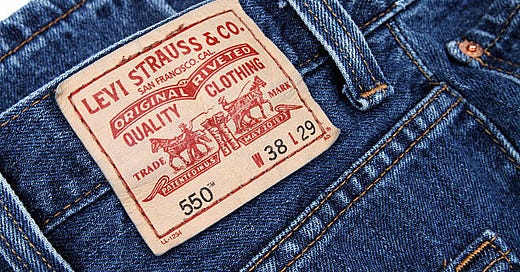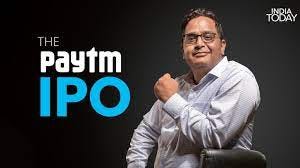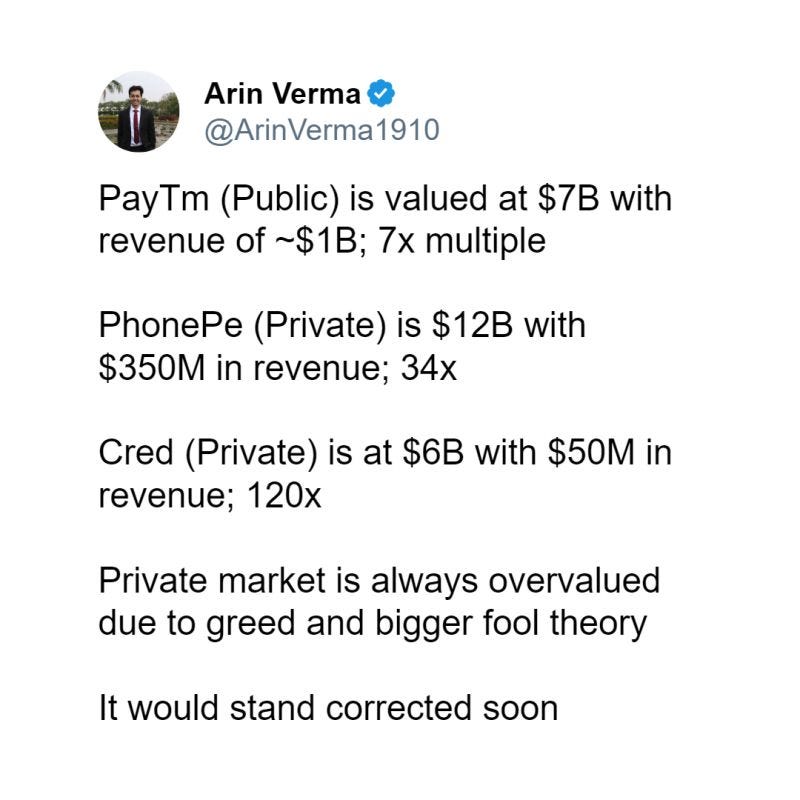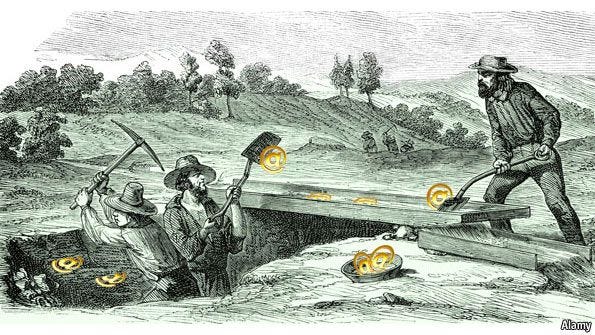#6 Thoughts on PayTM IPO, Invention of Denim Cloth, and The Story Of HOTMAIL
Learnings: 1) Failure of PayTM IPO, the bigger fool theory behind it 2) Business lesson behind the invention of Denim Cloth, and 3) Story behind the viral campaign which made Hotmail successful
1. PAYTM IPO AND ITS FAILURE
We all remember the disastrous Paytm IPO. Investors lost ₹38000 Crores in 1 day!
PayTM used to say, 'Go big or go home' and its IPO made people lose their homes.
Its valuation at the last round, when it raised $1B in funding, was $16B. It brought the IPO to the $20B valuation. And we all know what happened.
PhonePe (the biggest UPI player with ~50% market share), at that point, was valued at $9B. Did it make sense to bring IPO at such a huge valuation?
Absolutely not!
But why is it that private markets are always overvalued? It's due to the greater fool theory. Well, let me explain it to you.
Imagine you have a special toy. You think this toy is cool, but you want to sell it to someone else for more money.
You don't care how much it's actually worth; you just want to find someone who will pay you more for it than you did.
So, you go to your friend, A, and tell him that your toy is super amazing and worth a lot.
'A' believes you, and he buys the toy from you for a lot of money because he thinks he can find someone else who will pay even more for it.
'A' tries to sell the toy to your other friend, 'B', for even more money because he believes the toy is worth a fortune. 'B' also thinks it's valuable and buys it from 'A'.
Now, 'B' hopes to find a "greater fool" who will pay her even more for the toy. The cycle continues, with each person trying to sell the toy to someone else for a higher price, even though the card might not actually be worth that much.
This is like the Greater Fool Theory.
People buy something not because they believe it's worth the price but because they hope to sell it to someone else, the "greater fool," for an even higher price.
The toy is PayTM; 'A' and 'B' are investors.
Wait a second. Who is the biggest fool?
It's the public who invests in the IPO of these companies.
Don't be the fool. Study the IPOs well before investing :)
2. INVENTION OF DENIM CLOTH AND THE CALIFORNIA GOLD RUSH
The year is 1848. The miners are busy mining a mill in California where they find 3,40,000 kgs of gold.
When the news broke out, millions of people from around the country flooded the city to extract the gold. People could make their annual wage in a single day.
What will happen when millions arrive at the same place to do the same thing? Fights.
People died—lost gold and whatnot. Only a few could walk out with a credible amount of gold.
But let me ask you a question. Who made the most money in this gold rush?
You might say someone powerful could extract the maximum amount of gold. Right? But the reality is different, my friend.
The people who made the most money were not miners but people who sold shovels, horses and clothes to these miners.
Millions of miners came in search of gold. However, only some powerful men could extract it and win.
But every miner needed a shovel, horse and rough clothes which didn't tear to dig out the gold.
One such man who took out the most of this opportunity was Levi Strauss, the founder of Levis, a well-known clothing brand.
He started selling rough cloth, which people could wear while digging out gold from mines, which didn't tear and was comfortable to wear.
THAT CLOTH IS "DENIM", WHICH WE ALL WEAR TODAY WITH PRIDE.
Similarly, in the race for AI in today's time (Amazon, Apple, Google, Microsoft, Meta), some companies will win, and some will lose.
But one company that will definitely win is NVIDIA, that makes GPU, which is an essential component for AI computing.
3. STORY OF HOTMAIL: THE MOST VIRAL CAMPAIGN OF ALL TIME
In 1996, email was as cutting edge as AI is in 2023.
But, there were limitations.
Email was only used by university students, corporate employees, and anyone with an ISP-provided email ID.
Sabeer Bhatia and Jack Smith founded Hotmail in 1996, and it was one of the very first services to offer free web-based email worldwide.
Hotmail gave the general public access to email with 2MB of storage FOR FREE.
They completely revolutionized what email was.
You could now send an email from any computer in the world.
Within 20 days of launching, there were 20,000 users.
But they needed help to acquire more customers.
However, the founders didn't have money and wanted to maintain their shareholding in the company.
You know what they say, pressure bursts pipes, or it creates a new way to market.
To acquire more customers, the BITSian Bhatia launched the most viral campaign of all time, a campaign that companies like Facebook and Dropbox still use.
Hotmail added ten words to the end of EVERY email that read,
"PS: I love you. Get your free email at Hotmail."
And the first-ever viral loop in business was created.
(A successful viral loop is word-of-mouth marketing at scale)
Hotmail indirectly turned all of its users into brand advocates.
Each time they sent an email, they were advertising Hotmail's product for them.
They even made it a step easier. Users didn't have to go out of their way to share the product.
Instead, they just had to use the product and the message was spread.
Each PS was linked back to Hotmail's website, where you could sign up for a free account and communicate their value prop:
1) Hotmail is free
2) Anyone can have an account
3) The brand is more approachable than other products
Within 1.5 years, Hotmail reached 12 million users, and Microsoft came knocking on the door with a duffle bag with $400 million in it.
Within three years, Hotmail was sitting at 30 million users worldwide.
To put this growth in perspective, consider the population of Canada.
It took Canada some 400 years to reach a population of 31 million — a number that Hotmail, after just 30 months, overtook!
The story of Bhatia and Smith will surely inspire every budding entrepreneur.
Follow me on Linkedin:
https://www.linkedin.com/in/arinverma
__
Subscribe to my newsletter if you haven’t already:
__
Share this post:
__
Share BusinessBuzz:









